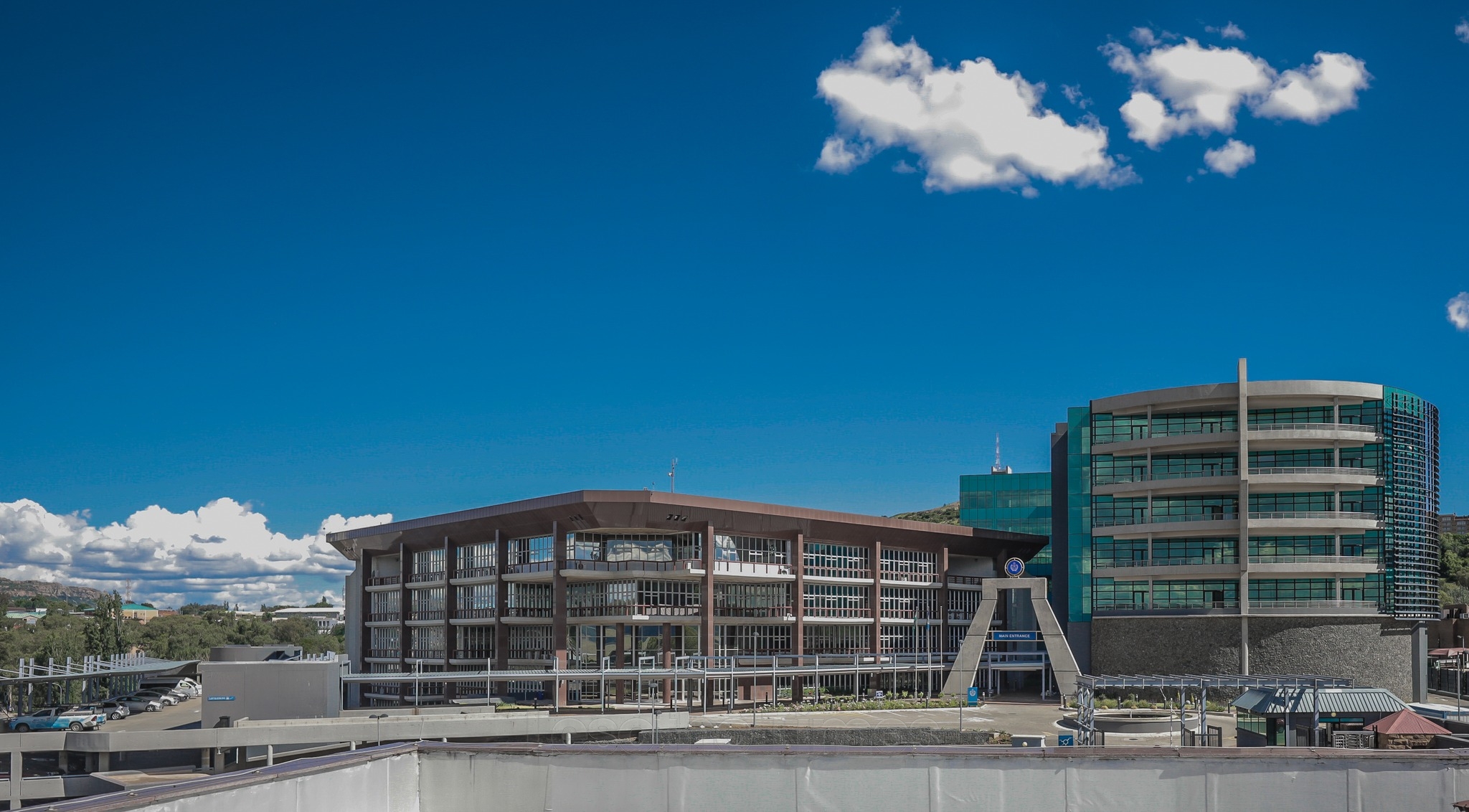…. as lending rate stays unchanged
Leemisa Thuseho
THE Central Bank of Lesotho (CBL) has resolved to increase its Net International Reserves (NIR) target from USD690 million (M12.2 billion) to USD820 million (M145 billion) to maintain the exchange rate peg of Lesotho’s Loti with the South African Rand.
The CBL Monetary Policy Committee (MPC) resolved to increase the NIR following its recent deliberation on global, regional, and domestic economic developments, as well as the latest trends in financial markets.
The Loti is pegged with the Rand to ensure price stability in the countries that constitute the Common Monetary Area. These are South Africa, Namibia, Lesotho and Swaziland.
The committee resolved to leave the CBL repo rate (the interest rate at which the central bank of a country lends money to commercial banks) unchanged at 7.75 per cent per annum.
These resolutions were announced by CBL Governor, Maluke Letete, during a media briefing on Tuesday at the bank’s head office in Maseru.
“Having considered the NIR developments and outlook, regional inflation and interest rates outlook, domestic economic conditions and the global economic outlook, the MPC decided to Increase the NIR target floor from US$690 million to US$820 million,” Dr Letete announced.
“At this level, the NIR target will be sufficient to maintain a one-to-one exchange rate peg between Loti and the Rand. However, we have decided to leave the CBL rate unchanged at 7.75 per cent per annum.”
Dr Letete said in their 102th meeting on 25 July 2023, the committee noted that global economic prospects remained relatively unchanged since its last meeting (in May). He said it was expected to remain weak in 2023 amid heightened geo-economic fragmentation, tighter monetary policy stances, high debt levels and the recent financial sector challenges.
“In addition, the on-going Russia-Ukraine war continues to cast a dark cloud over prospects of a global economic recovery.”
He further stated that the domestic economic activity rebounded in May 2023 from a decline recorded in the preceding month.
In the near-term, he said the domestic economy is expected to grow mainly due to construction activities related to the Lesotho Highlands Water Project (LHWP) Phase II which is expected to boost the other economic sectors.
“The stronger growth was mainly underpinned by robust demand and the improved performance of transport and construction subsectors. However, the manufacturing sector moderated growth in the review period.
“In the near-term, the domestic economy is expected to grow mainly due to construction activities related to Lesotho Highland Water Project Phase II (which comprises of the construction of the Polihali Dam) and positive spillover effects into the services sector. Nonetheless, poor performance of the manufacturing sector is expected to adversely affect the economy,” he said.
He added that domestic inflation fell to 5.6 percent in June 2023 from 6.9 percent in May 2023, mainly
due to declining fuel and food prices. Despite the recent decline, domestic food prices remained elevated due to persistently high imported inflation emanating from the weaker rand, he said.
Dr Letete said between April and May 2023 money supply remained subdued after rising by 2.9 percent in April 2023.
“The subdued growth in money supply was mainly due to a decline in CBL’s net foreign assets,” he said. Private sector credit marginally rose driven by a modest increase in credit extended to both businesses and households.
According to Dr Letete the government budget balance deteriorated between April and May 2023, as government spending picked up in the latter month. During the same period, he said the stock of public debt increased to 60 percent of Gross Domestic Product (GDP).
As a result of Southern African Customs Union (SACU) transfers, he said the level of CBL’s NIR increased between May and July 2023 and that it is expected to improve in the third quarter of the 2023 due to the recovery in SACU transfers.
“The NIR level remained above the target floor of US$690.00 million set by the MPC in its meeting held in May 2023 and was adequate to support the loti-rand exchange rate peg,” Dr Letete said.
“In summary, the global economic prospects for 2023 remained weak. The domestic economic activity rebounded in May 2023 after contracting in the preceding month and is projected to improve in the medium-term.
“Inflation moderated substantially but the risks are tilted to the upside due to weak Loti and prospects of drier weather conditions in the coming months.”
The committee promised that it will continue to closely assess the global economic developments and their impact on the domestic economy, especially the NIR and respond accordingly.

